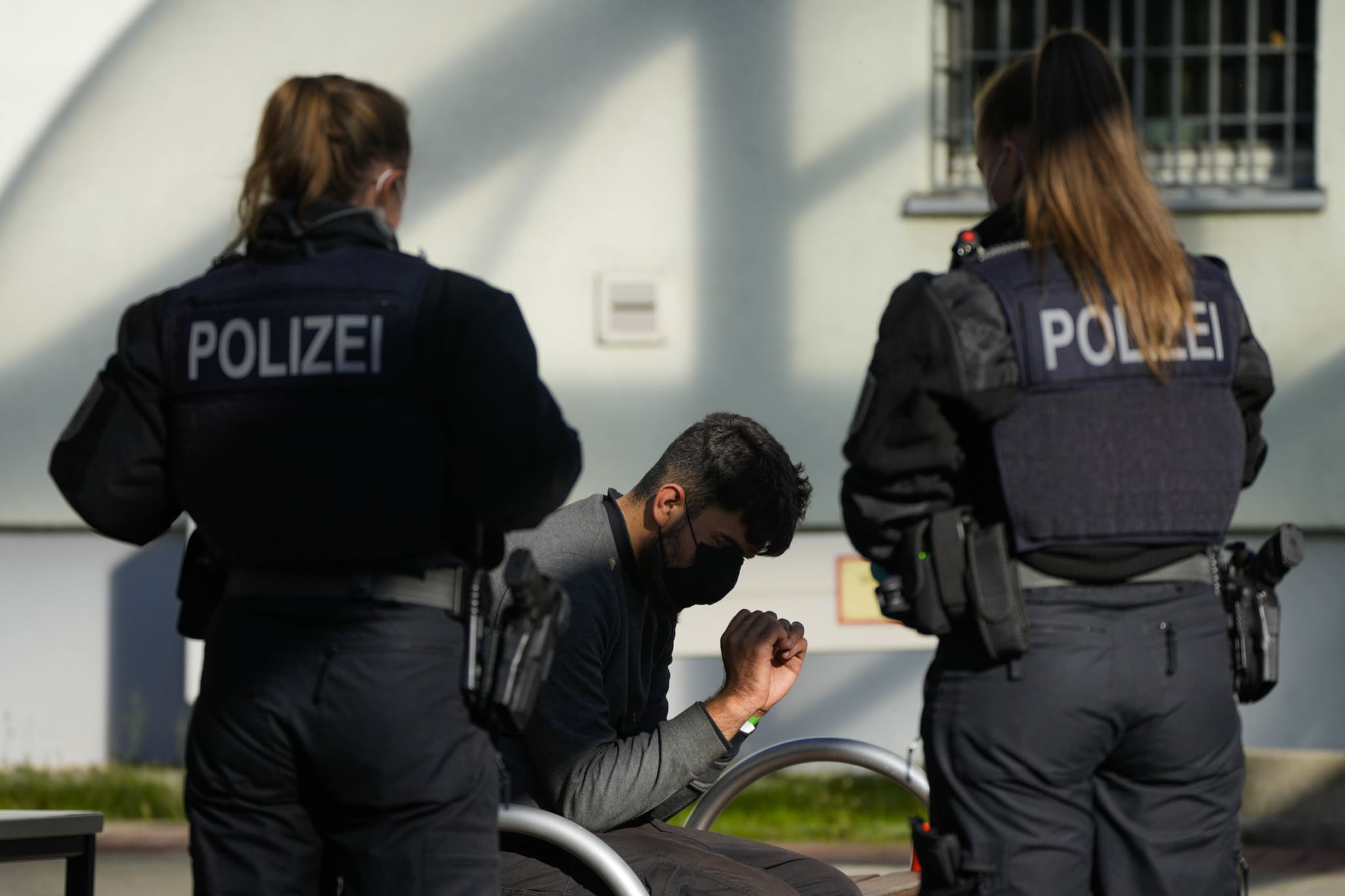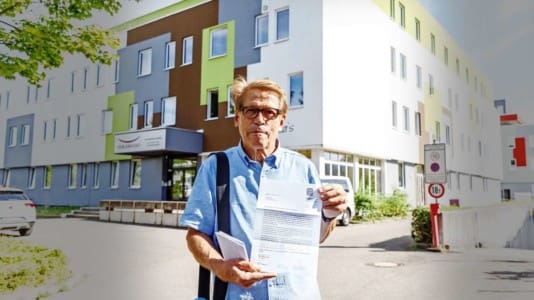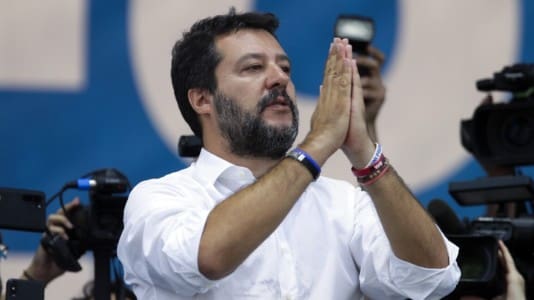Without the introduction of permanent German controls on the border with the Czech Republic, it will be practically impossible to stop the flow of migrants who are now heading to Germany via this route, said Heiko Teggatz, head of the German police union, during an interview with Bild newspaper on Monday.
He added that the best solution would be cooperation with Prague, which would introduce similar border controls with Slovakia.
In the interview, Teggatz said that the drastic increase in the number of migrants entering Germany without the necessary documents is the highest since 2015. Europe then faced an unprecedented influx of refugees and migrants, who came mainly from Syria and Iraq.
[pp id=47667]
Police unions state that in June of this year, the federal police recorded 2,000 such cases of illegal border-crossings from the Czech Republic to Germany — an increase of 140 percent in a year-over-year comparison. In a press statement, the unions noted that in August, there were already 3,000 cases alone on the Saxon-Czech border.
Teggatz also said that smugglers created new smuggling routes from the Balkans that now lead to Germany via Slovakia and Czechia.
“This is related to the fact that Austria has tightened border controls with Hungary, as until now the migration flow has been through Austria and Hungary,” said Teggatz, according to which moving the route to Slovakia and Czechia is obvious.
According to Teggatz, Minister of the Interior Nancy Faeser should immediately order stationary border controls with the Czech Republic, as Germany has been carrying out checks at the border with Austria for a long time due to the migration crisis.
“With strict checks on the German-Czech border and the introduction of checks on the Czech-Slovak border by the Czech Republic, this flow to Europe could be stopped, as we have been doing for years on the Austrian border,” pointed out the head of the German police union.
When asked whether Czechia could take any measures to avoid checks on the German-Czech border, Teggatz replied that, in his opinion, it would be difficult.
“It would be demanding because I know the course of the border between the Czech Republic and Slovakia, which runs through the forests,” he explained.
The union chief stated that even the increased deployment of the Czech police on the border with Slovakia would probably not stop the flow of migration to Germany.
He, therefore, sees a solution in cooperation between Berlin and Prague, which would mean checks on the German-Czech and the Czech-Slovak border. He described the relationship between the German Federal and Czech police as excellent.
“I can speak from my own experience. I served on the German-Czech border for five years in the early nineties,” Teggatz said.






